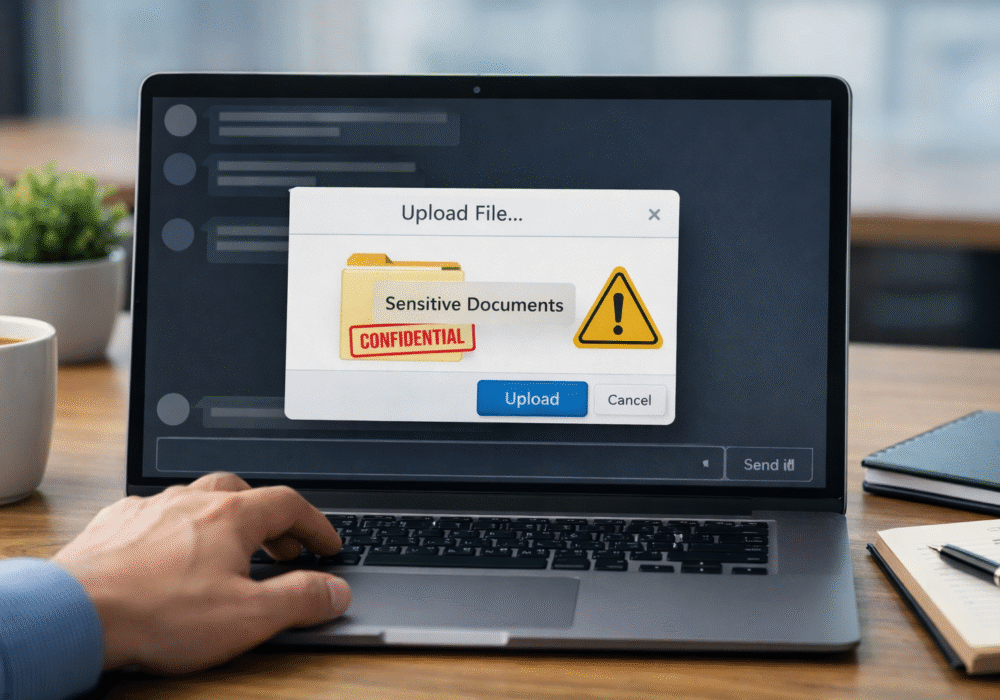The Melissa Virus is malware that was was deployed in late March of 1999. A programmer by the name of David Lee Smith took over an America Online (AOL) account and used that account to post a file on an Internet newsgroup. The posting was advertising free login credentials to adult content websites, using the file as bait. Once the users on the website downloaded and opened the file, a virus was deployed onto their computer. The virus hacked into user’s Microsoft Outlook account and sent emails with the same malicious file to the first 50 contacts in the contact list. This was one of the first big attacks that caught people’s attention, and one of the first real phishing attacks. This attack was a harbinger of our online future as today we continue to be plagued by even more sophisticated social engineering and phishing attacks.
The Melissa virus cost companies millions of dollars in damages. As a business owner, make sure your company’s cybersecurity program includes the following protections:
Related Terms: Administrator Rights, Phishing, Social Engineering, Trojan Horse, Virus
Related Reading: Sextortion Email Scam: Don’t Allow Yourself To Be Victimized
Source: FBI Article – Melissa Virus’ 20th Anniversary
Discover and share the latest cybersecurity trends, tips and best practices – alongside new threats to watch out for.

Cyberattacks usually start with phishing emails or weak passwords. This one did not. Security researchers...
Read more
Not surprising when Trouble Ensues Last summer, the interim head of a major U.S. cybersecurity agency uploaded...
Read more
And How to Fix Them Let me make an educated guess. You moved to Google Workspace because it was supposed to...
Read moreGet sharper eyes on human risks, with the positive approach that beats traditional phish testing.
